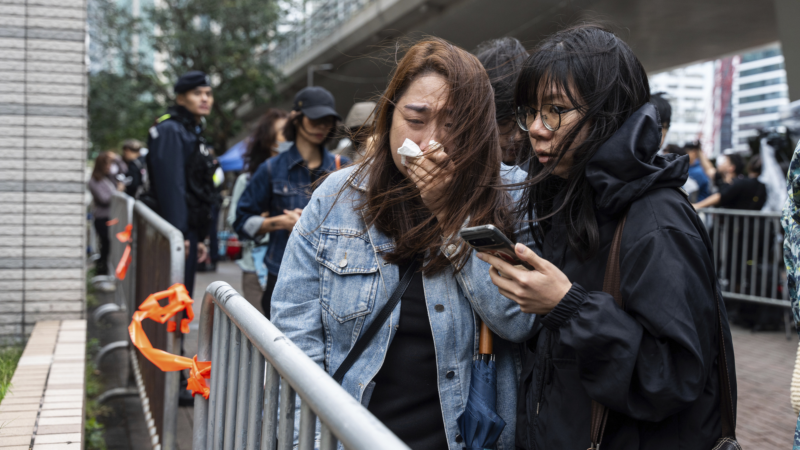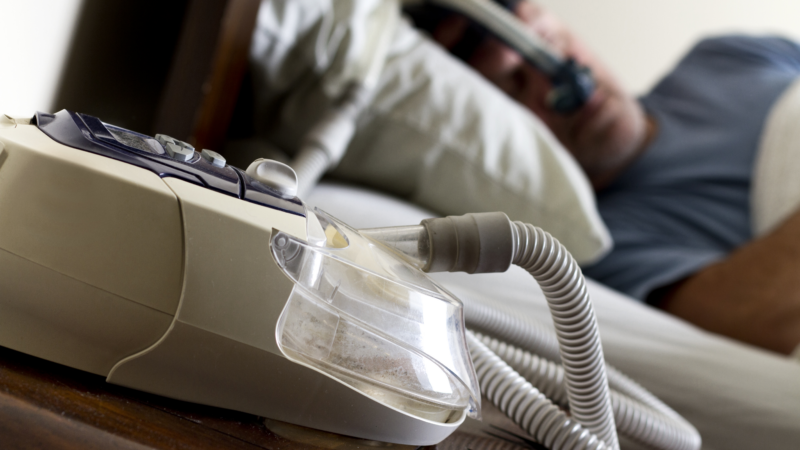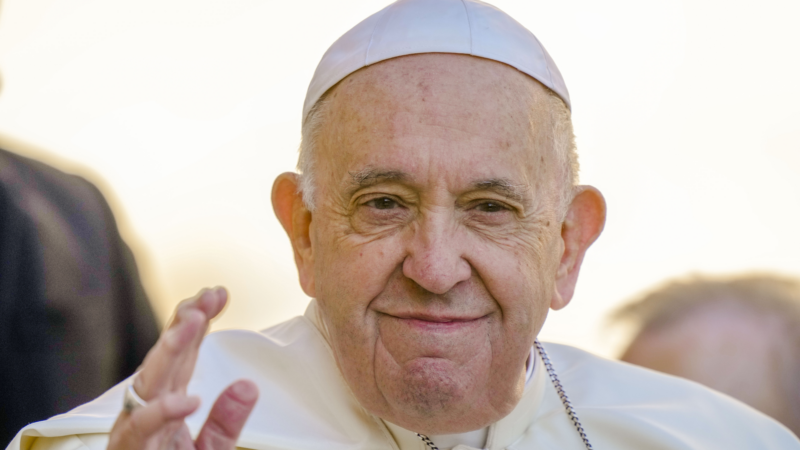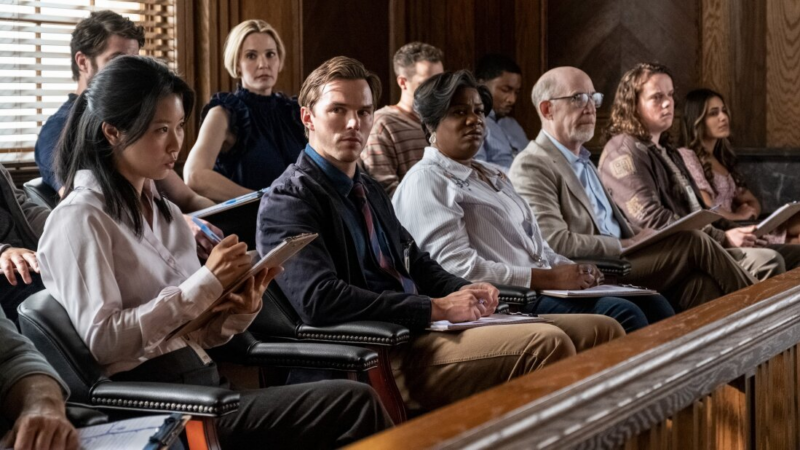Dozens sentenced for up to 10 years in prison in Hong Kong national security case
A Hong Kong court has sentenced 45 pro-democracy activists to up to a decade behind bars on Tuesday after it ruled in a landmark legal case that they had broken a national security law implemented by Beijing.
The activists had all taken part in an informal primary poll in 2020, which Hong Kong’s government said was a violation of Beijing’s broad national security law.
The case began in January 2021, when more than four dozen activists were rounded up in a mass police sweep. Forty-seven people were ultimately charged under the national security law with subversion of state power, a charge that carries a maximum sentence of life in prison.
In a May ruling, a court cleared two of those charged and scheduled sentencing for this week. Most of the 45 people sentenced on Tuesday had already spent nearly four years in bars.
Long lines formed outside the Hong Kong court house on Tuesday morning as the 45 activists were sentenced. Only five spectators were eventually allowed in the courtroom.
Benny Tai, professor turned activist, received the longest sentence of a decade. A veteran protest organizer, he and other politicians and activists strategized on how to win future local elections after an encouraging slate of victories in 2019, with the idea of pushing through direct democracy reforms that way. They held an informal primary poll in 2020 to pick the most popular candidates.
Although the city’s authorities warned voting in the primaries could be a violation of the national security, more than 600,000 people took part anyway.
The official local elections were canceled due to the COVID pandemic. Later, further changes approved by China’s legislature gave Beijing yet more control over how Hong Kong’s legislative committee and chief executive are chosen.
“Running in an election and trying to win it is now a crime that can lead to a decade in prison in Hong Kong,” said Maya Wang, associate China director at Human Rights Watch. “Today’s harsh sentences against dozens of prominent democracy activists reflect just how fast Hong Kong’s civil liberties and judicial independence have nosedived in the past four years since the Chinese government imposed the draconian National Security Law on the city.”
The rulings drew quick international reaction from the Australian government. “We call for China to cease suppression of freedoms of expression, assembly, media and civil society,” the Australian government said in a statement. A dual Hong Kong-Australian citizen, Gordon Ng, was given a 7-year, 3-month sentence.
Tai, the professor turned activist, had also been a key organizer behind the 2014 demonstrations that later came to be called the Umbrella Movement. In an essay published in 2013, he called on students and residents to occupy central downtown Hong Kong, in order to demand direct elections of the city’s chief executive. Beijing ultimately did not need that demand and the protests fizzled out.

Among those sentenced Tuesday included Joshua Wong, who rose to prominence as a teenaged student leader during the 2014 Umbrella Movement, was given a 4-year, 8-month sentence.
Others sentenced included former journalist Gwyneth Ho, who received a 7-year sentence, and Owen Chow, a nursing student and protester who took part in an informal primary pol and who received 7 years and 9 months in prison.
“This is a hostile demonstration of determined repression against Hong Kongers who dare to stand up and speak out for their rights,” Anna Kwok, director of the Hong Kong Democracy Council, an advocacy organization headquartered in Washington D.C., said in a statement after the sentences.
Sudan’s biggest refugee camp was already struck with famine. Now it’s being shelled
The siege, blamed on the Rapid Support Forces, has sparked a new humanitarian catastrophe and marks an alarming turning point in the Darfur region, already overrun by violence.
FDA approves weight loss drug Zepbound to treat obstructive sleep apnea
The FDA said studies have shown that by aiding weight loss, Zepbound improves sleep apnea symptoms in some patients.
Netflix is dreaming of a glitch-free Christmas with 2 major NFL games set
It comes weeks after Netflix's attempt to broadcast live boxing between Jake Paul and Mike Tyson was rife with technical glitches.
Opinion: The Pope wants priests to lighten up
A reflection on the comedy stylings of Pope Francis, who is telling priests to lighten up and not be so dour.
The FDA restricts a psychoactive mushroom used in some edibles
The Food and Drug Administration has told food manufacturers the psychoactive mushroom Amanita muscaria isn't authorized for food, including edibles, because it doesn't meet safety standards.
The jury’s in: You won’t miss anything watching this movie from the couch
There's been a bit of consternation flying around about the fact that the theatrical release of Juror #2, directed by Clint Eastwood, was very muted. But this movie is perfect to watch at home.







